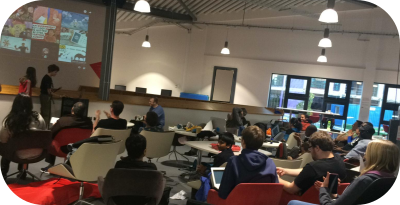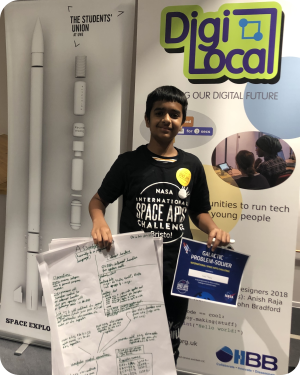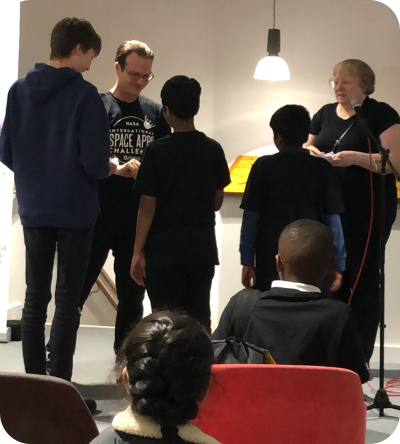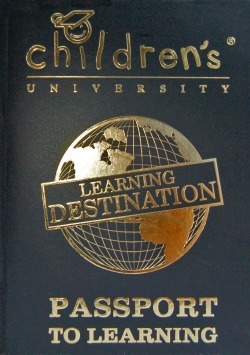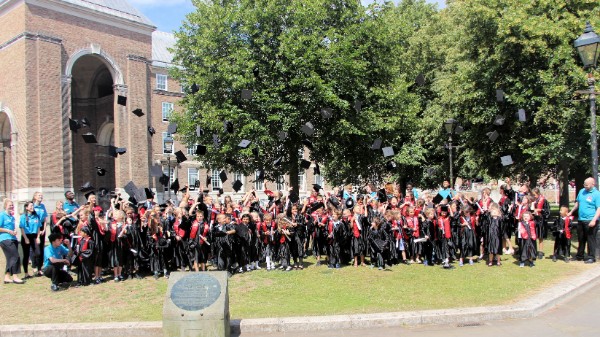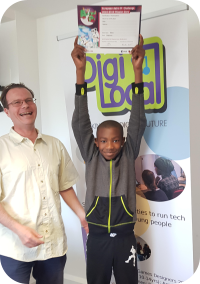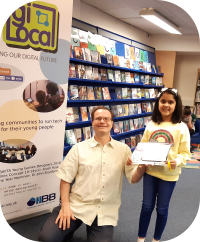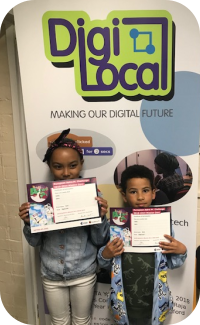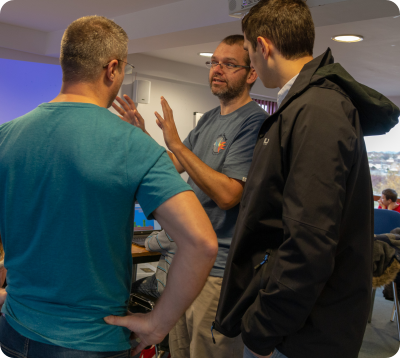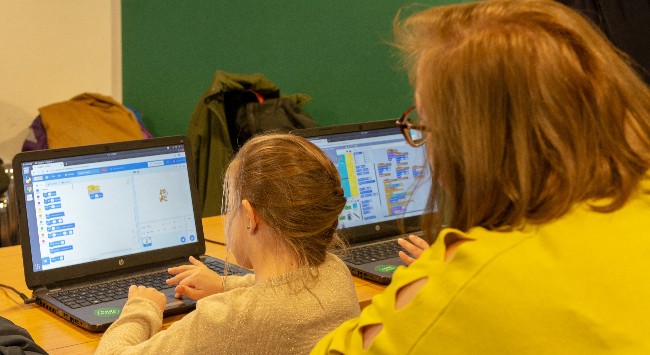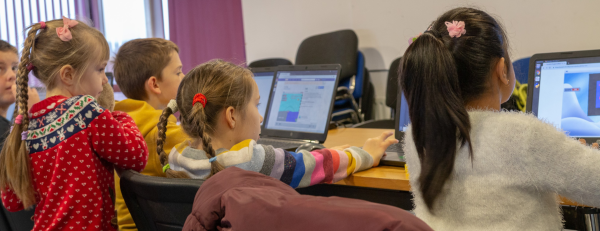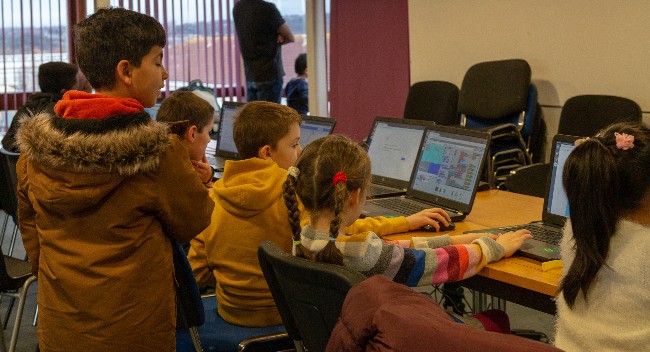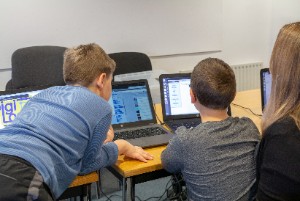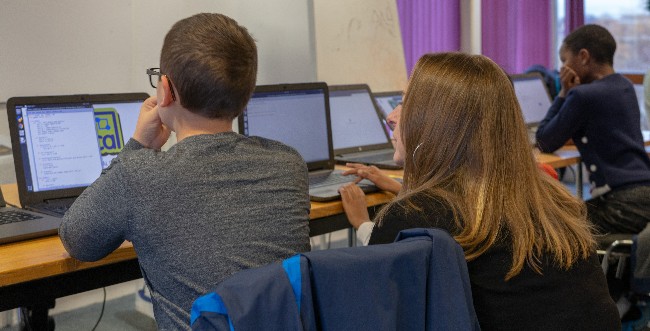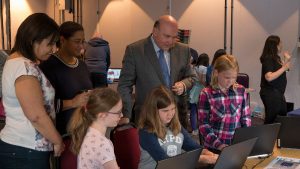Digilocal, a Bristol charity charged with supporting young people in learning digital skills, has been awarded a £2,500 grant by the Quartet Coronavirus Response Fund. The grant will support its work to supply laptops to families within Bristol, so that children can have the digital equipment to engage in home learning.
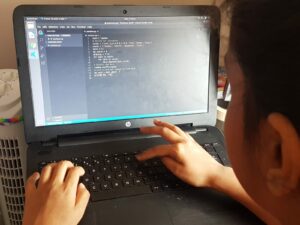
Digilocal has been operating in the West of England for the past five years, becoming a charity in 2019. It seeks to bring digital skills to the heart of communities, operating free to attend coding clubs for children within over 14 local community centres. The clubs are run by a team of volunteers, with equipment which is usually transported from site to site throughout the week. Since the outbreak of the pandemic, Digilocal has been lending its computers out to children across the region to use for home schooling. The charity has also been running sessions online every weekday evening for children who want to learn coding skills.
Charity CEO John Bradford commented “Many of the young people who attend our clubs show enormous talent, and develop digital skills really quickly, but with the lock-down many of them have become digitally excluded, not just from our sessions but from the wide variety of online resources available. We instantly recognised the need to get computer equipment out to those households and we are delighted to have helped dozens of local children. We would love to do even more, it’s fantastic to have Quartet support this work.”
The laptop Digilocal provided to Rishita has made a significant contribution towards Rishita’s progress through Python coding and Scratch.’
Rishita’s father
The Quartet Coronavirus Response Fund grant programme aims to support local activities that are helping communities affected by the Coronavirus (Covid-19) outbreak. It offers local charitable and community organisations emergency funding to support emerging challenges faced within local communities as a result of the continuing threat of Coronavirus.
About Digilocal
DigiLocal® is an independent registered charity (Reg: 1185746) for the public benefit, to advance the education of young people in the UK from groups that are under-represented within the technology industry, in particular but not exclusively, by supporting free technology clubs. It supports communities to run free tech clubs for their young people. Its mission is to support a tech club for young people with every community in the UK that would like to provide one. The charity was founded in 2019, having previously operated as part of the High Tech Bristol and Bath CIC since 2015.
